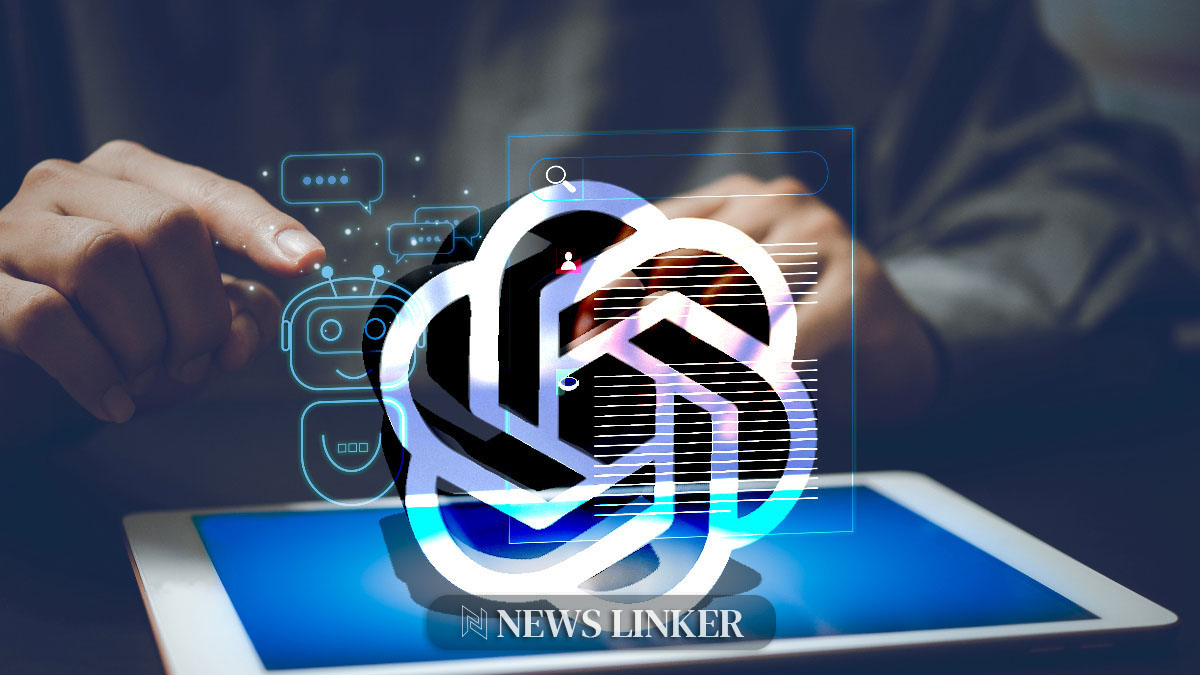Elon Musk has taken a bold step by suing OpenAI, an AI research company he helped establish, accusing the organization and its leadership of straying from their jointly agreed humanitarian mission. The case, presented to the Superior Court of California in San Francisco, specifically names OpenAI Inc., along with its co-founders Samuel Altman and Gregory Brockman, as defendants. Musk claims that OpenAI has veered off course from its original intent to develop and harness artificial general intelligence (AGI) for the greater good, rather than for the profit-driven motives of private corporations.
The Foundational Vision
In 2015, Musk, Altman, and Brockman had a shared vision to pave the way for AGI as an open-source and non-profit endeavor, one that would prioritize humanity’s collective interests. The founding agreement and subsequent confirmatory documents from OpenAI, Inc.’s incorporation illustrated this commitment. Musk’s significant financial contributions and strategic involvement were underpinned by the assurance that OpenAI would adhere to these founding principles of transparency and public benefit.
The Breach of Trust
Contrary to Musk’s expectations and OpenAI’s initial promises, the lawsuit alleges that in 2023, the company shifted its operations to a closed-source model, essentially functioning as a subordinate of Microsoft. This marked a dramatic shift from its previous open-source philosophy, notably with the exclusive licensing of its GPT-3 language model to Microsoft, raising questions about the organization’s direction and allegiance.
Industry Reactions and Ethical Implications
The industry has taken note of the lawsuit’s implications on the future trajectory of AI development. Two particularly relevant discussions in the tech community include an article from “The Verge” titled “Tech Giants Wrestle Over AI Ethics”, which scrutinizes the ethical responsibilities of AI development by major tech companies, and another from “Wired” called “The Battle for Open-Source AI”, which delves into the tensions between open and proprietary AI models. Both articles emphasize the importance of transparent and ethical AI practices and the potential consequences of prioritizing commercial benefits over the common good.
Musk’s legal challenge is a stark call for OpenAI to revert to its foundational ideal of creating AGI for the public’s advantage, rather than for the proprietary gains of Microsoft and the accused parties. The filing likens OpenAI’s current trajectory to a non-profit aimed at preserving the Amazon rainforest morphing into a commercial logging enterprise, severing the initial commitment to safeguard the environment it was meant to protect. This reflects a significant escalation in the ongoing conversation about the governance of AI, amplifying concerns about the ethical ramifications of AGI under the control of profit-oriented entities.
The conclusion drawn by these discussions, including insights from “The Verge” and “Wired”, is clear: the tug-of-war between open-source AI and proprietary AI models has substantial ethical and societal implications. There is a critical need for transparency and adhering to original missions, especially when such powerful technologies are at stake. The tech community and the public alike are watching closely as the battle for the soul of AI development unfolds in the courtroom and beyond.










